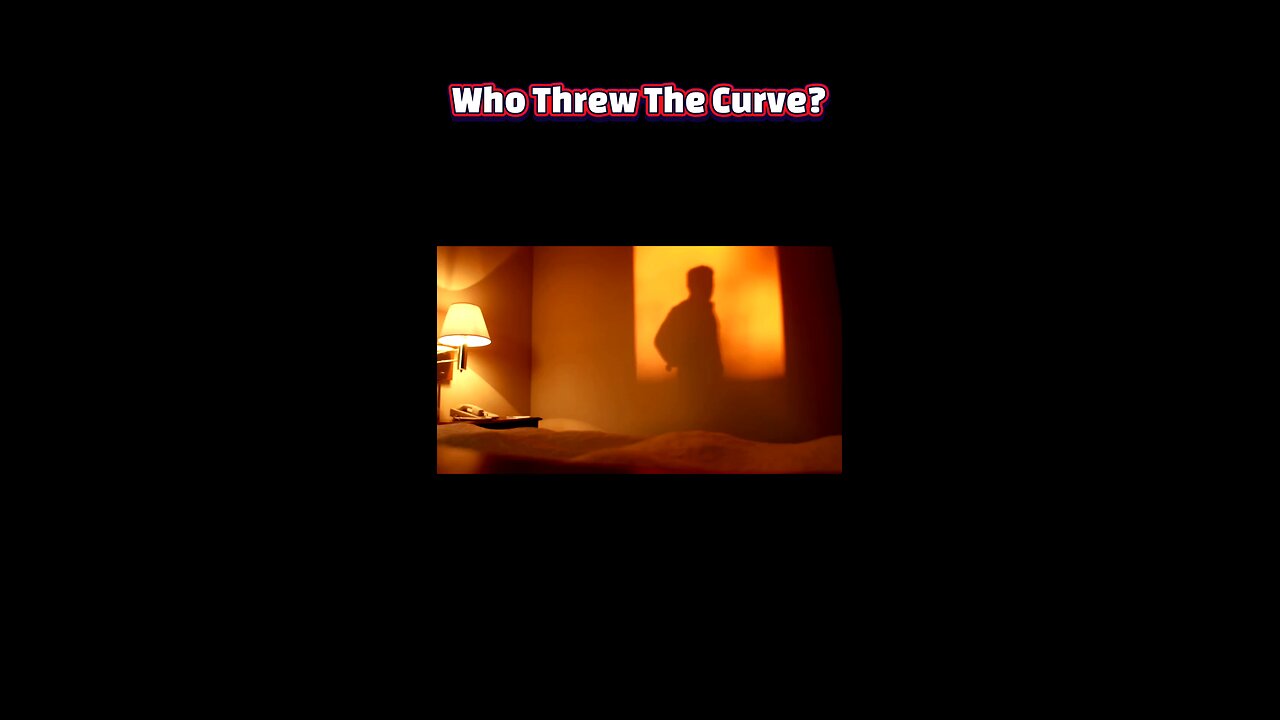Premium Only Content

Stress vs. Anxiety: Decoding the Signals That Tug at Your Mind
#StressVsAnxiety #MindfulLiving #MentalHealthMatters #SelfCareTips #AnxietyAwareness #StressManagement #MindsetShift #BuildResilience
Stress and anxiety both tug at our minds and bodies, but they rise from different places. Stress typically sparks when you’re reacting to something specific—an upcoming presentation, a jam-packed schedule, or family obligations. Anxiety, on the other hand, simmers inside you as a lingering sense of dread or worry, often about what might happen rather than what’s actually happening right now.
When stress hits, your brain sounds the alarm by releasing cortisol and adrenaline. You might feel a surge of energy, sharper focus, or racing thoughts—hallmarks of the fight-or-flight response. In short doses, that jolt can help you power through challenges. But if those stressors stack up day after day—unrelenting emails, constant deadlines, tense relationships—your body can get stuck in overdrive, leaving you exhausted, sleepless, or prone to headaches.
Anxiety shares some of those physical symptoms—rapid heartbeat, muscle tension, even an upset stomach—but it often comes without a clear cause. Instead of responding to an immediate demand, anxiety primes you for hypothetical threats: what if you make a fool of yourself? What if you lose control? Those repetitive “what-ifs” can spiral, turning minor worries into overwhelming fear, even when everything around you seems fine.
In both stress and anxiety, concentration can slip, irritability can spike, and sleep can suffer. Yet stress usually fades once you’ve met the challenge or stepped away from the trigger. Anxiety lingers, whispering doubts and fueling restless nights, making it harder to shake off even on a calm afternoon.
Tackling stress often starts with practical changes: reorganizing your to-do list, carving out breaks, saying no to extra commitments, and treating yourself to activities that recharge you—whether it’s a workout, a hobby, or simply zoning out to good music. These tactics rein in the immediate pressure and restore a sense of balance.
Easing anxiety builds on those habits but dives deeper into your thought patterns. Techniques like questioning catastrophic predictions (“What evidence do I really have?”), practicing mindfulness to keep your attention in the present, and setting aside a designated “worry time” can interrupt the rumination loop. If persistent anxiety still hijacks your life, seeking support from a therapist—through cognitive-behavioral therapy or guided relaxation—can recalibrate both your mindset and your brain chemistry.
Ultimately, stress signals that your current situation needs adjusting, while anxiety highlights deeper, more enduring thought habits. Recognizing which one you’re facing helps you pick the right tools: situational fixes for stress, and mindset shifts for anxiety. Armed with that clarity, you can move from mere survival toward a steadier, more resilient version of yourself.
-
 29:07
29:07
Tactical Advisor
6 hours agoATF Changes Ruling on SBR & Tacpack unboxing | Vault Room Live Stream 039
56.7K14 -
 2:00
2:00
From Zero → Viral with AI
11 hours ago $0.73 earnedAre You Being Left Behind? Why AI Marketing is No Longer Optional
26.9K3 -
 9:10
9:10
BlackDiamondGunsandGear
9 hours agoI Finally Got it! / Now i need to BUILD IT!
19.5K3 -
 9:44
9:44
Millionaire Mentor
3 days agoCharlie Kirk Brings Woke Student To STUTTERING Over White Privilege Lies
24.1K7 -
 24:12
24:12
MudandMunitions
10 hours agoOff-Roading with NYPrepper Wild Elk & PA’s Most Remote Backroads
13.9K1 -
 LIVE
LIVE
Bannons War Room
7 months agoWarRoom Live
3,036 watching -
 DVR
DVR
IsaiahLCarter
9 hours ago $0.75 earnedAPOSTATE RADIO 029: Leftist Violence, & NYC's Mayor's Race (Guests: Lattina Brown and David Sivella)
14.4K -
 10:03:41
10:03:41
LFA TV
16 hours agoLIVE: CHARLIE KIRK VIGIL SERVICE!
178K65 -
 6:59:16
6:59:16
BaldBrad
11 hours agoCharlie Kirk Memorial LIVESTREAM
47.8K7 -
 5:13:13
5:13:13
Professor Nez
1 day ago🚨Charlie Kirk Funeral LIVE: Trump Honors Kirk in Arizona 🇺🇸
38.2K16